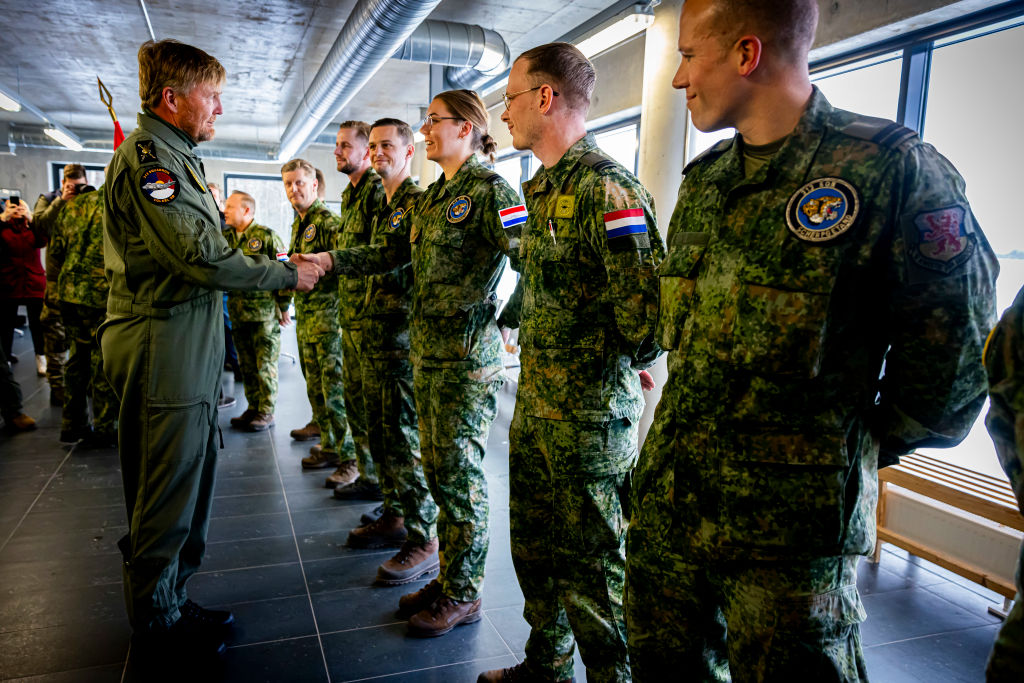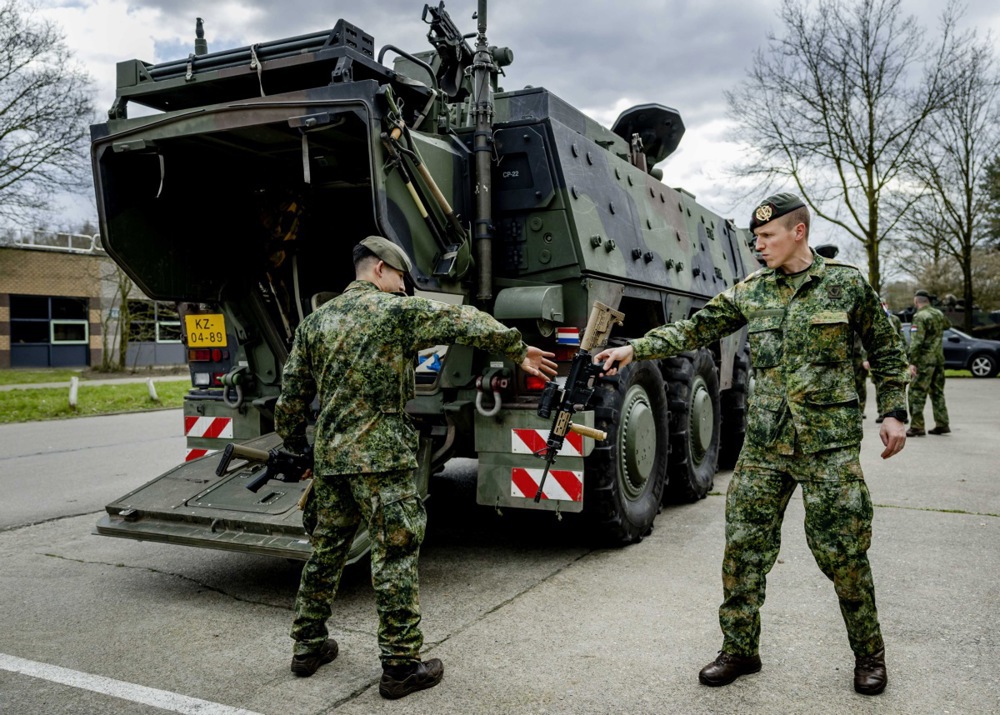The Dutch Government is set to miss NATO targets due to stringent nitrogen emission regulations, a new report found.
The as yet unpublished study by The Netherlands Organisation for Applied Scientific Research (TNO), accessed by Dutch daily De Telegraaf, revealed that recent legal rulings could prevent the Ministry of Defence from meeting new NATO targets.
According to the newspaper on June 16, the report stated that military operations at various barracks were at risk, with the armed forces in some cases no longer able to carry out scheduled activities.
TNO concluded that reduced scope for training, staffing and equipment deployment would have a major impact on military readiness. This, in turn, would affect both national security and NATO’s collective defence capabilities.
Outgoing defence secretary Gijs Tuinman acknowledged the concerns raised in the report. While he noted that the military’s nitrogen emissions were minimal, he warned that new legal climate means permits were increasingly unlikely to be issued.
“The permitting process must be uncoupled from this gridlock. We have no choice when it comes to our security,” Tuinman stated.
The Dutch armed forces were set to receive tens of billions of euros in additional funding expand response capabilities to include growing international threats.
The new nitrogen restrictions could, though, severely hamper these plans. TNO’s findings suggested that virtually all defence sites across the country were affected, prompting Tuinman to sound the alarm. “I cannot vouch for our safety if we are unable to train,” he said.
The situation has become more acute following recent rulings by the Council of State and The Hague District Court, which tightened the rules for obtaining permits in relation to nitrogen emissions.
Many defence sites are located in or near Natura 2000 areas — specially protected nature reserves under EU law.
Under the new interpretations, shifting or trading nitrogen allowances between projects — previously known as “saldering” — was no longer easily achieved.
TNO examined five locations in its report: The new naval complex in Den Helder, the infantry and artillery training grounds, Stroe barracks and Woensdrecht air base.
Each of these sites faced delays or cancellations of construction and renovation works. Even routine operations now required permits if they involved any nitrogen emissions, making planning and execution increasingly difficult.
According to the researchers, the problem was not isolated. Similar issues were expected at nearly all military sites across the Netherlands.
The impact would be significant: Reduced capacity to house and train personnel, maintain or introduce new equipment and conduct essential exercises could all diminish operational effectiveness.
A new study by Swedish think-tank the Scandinavian Policy Institute (SPI) has warned that the promotion of wind power as being cost-effective and reliable was misleading at best. https://t.co/0WWBSKp2DN
— Brussels Signal (@brusselssignal) May 28, 2025
Despite this, TNO highlighted that the Ministry of Defence was responsible for only 0.01 to 0.05 per cent of national nitrogen emissions.
This relatively low contribution has raised questions among researchers about whether the restrictions imposed were proportionate to the actual environmental impact.
The implications were also international. The Netherlands was due to host a major NATO summit in The Hague from June 24-25, with US President Donald Trump expected to attend. The Dutch Government has pledged to meet NATO’s new benchmark of 3.5 per cent of GDP for defence spending.
The current permitting crisis, though, may jeopardise the credibility of that commitment.
Tuinman has warned that the military could become “completely paralysed” if the situation was not resolved. “Exercises involving personnel, vehicles, drones—everything is at risk,” he said.
He also raised concerns that permits already granted were being challenged in court, with new permits becoming almost impossible to secure.
He described the current situation as particularly ill-timed, given the urgent need to strengthen the armed forces. “If we want to reach the NATO target of 3.5 per cent, we must move forward, and we cannot do that with this blockade,” he said.
Tuinman also called it “irresponsible” if military personnel were unable to train adequately due to nitrogen restrictions.
“Readiness is the only deterrent and the key to victory should conflict arise at NATO’s eastern flank,” he said.
One possible solution, according to Tuinman, lay in a proposal from outgoing agriculture minister Femke Wiersma to introduce a minimum threshold below which nitrogen emissions would not require permits.
He also advocated for easing the EU’s nitrogen rules. “We have no time to waste in unblocking this permitting process.
“Our national and allied security depends on it,” Tuinman concluded.
EU procurement rules are too hard to implement and should be abandoned, conference-goers heard on April 14. https://t.co/m09uzMlHCo
— Brussels Signal (@brusselssignal) April 15, 2025





